One of the toughest aspects of becoming religious later in life is coping with how friends and family respond to this big change. There can be a major disruption in shalom. For a lot of people this is pretty frightening for all of the obvious reasons. I have tons of respect for people who are able to shout their new views to the mountaintops. What guts. I can’t do that a hundred percent of the time without feeling quite chicken. But I’m getting better.
The other night a dear old friend was visiting along with a bunch of other friends and acquaintances. After a delicious summer dinner everyone started talking about the big election in the fall. I hate talking politics with most people for all the obvious reasons most people hate it. To me it’s a bunch of people who aren’t really experts on anything sitting around probably offending the heck out of each other for no particularly good reason. I mean how many people are seriously going to change their vote because of one of these arguments? Am I being too cynical? Perhaps.
So the topic of Israel comes up. And the fact that I have made it clear that I am a single issue voter. I vote for the person I think will do the least amount of harm to Israel. This is not the most popular viewpoint in this circle of friends. My dear old friend says something like this: “Are you seriously going to tell me that you believe that God spoke to this one group of people and gave them a specific piece of real estate and all of that craziness! Where is my old Alice? Where did she go?!” I’m not exactly sure what he meant by that because I have always been a passionate supporter of Israel, which he knows. I guess he meant that there is a religious component now.
Being a hundred percent honest, that comment kind of made me want to cry because I really like this person. I looked at him and thought, “Wow. Is he drawing a line in the sand? I don’t want him to go. I hope this isn’t the end.” So I said, “X, you have known me for fourteen years. I certainly hope I have evolved and changed as a person over that many years. You have and I love you anyway. You can believe whatever you want. I can believe whatever I want. And if you don’t like it, that’s really just tough. Go ahead and think I’m crazy.” He made it clear he does think I’m way off my rocker and loves me anyway. I think we’re OK.
Ideally, a Torah-loving person loves his fellow man, and by this I mean not just the people it’s easy to love. Ideally the more religious a person becomes the more humble they become, the more in awe of all of God’s creation they become, and the more they see that we need to be really, really exceptionally nice to one another. I love my friends, truly. I really love people in general. And the more spiritual I have become the more I feel this way, by the Grace of God.
I wonder if part of the tension between newly religious people and our friends and family who see things differently stems from fear. Maybe old friends are worried that the old you is dead. Maybe they are worried you are critiquing them. (If we actually are, maybe we should be super careful with that because it can get ugly and hypocritical.) Maybe they are worried that it’s going to get irretrievably awkward at some point. Perhaps they are worried we will try to shove our views down their throat. Maybe they need to be able to share their views with you, no holds barred, or else the friendship will be kind of fake. Speaking of fake, maybe they are worried that you will only like them, because now you are somehow supposed to, not because you truly appreciate them for the beautiful, unique person they are.
Bnei Noach struggle often because there is very little community for us in the traditional sense of a religious community. There isn’t a building where we can check in with one another once a week to be around like-minded people who are in exactly the same position. That’s tough for the people who were once Christians or Muslims who are accustomed to having that place and that connection to others. It’s also tough for people who are maybe looking forward to finally having that after spending their whole life without it.
Here’s a flip side to this, as I see it. This lack of community, as it were, has forced me to see the whole world as my community and to see the whole world as my house of worship. I think in many ways this meshes nicely with a Torah-centered view of the universe. Judaism is not about checking in to a building once a week. Ideally it is in the home with you, at work with you, on the subway with you, at the restaurant with you, and, not to be gross, but with you when you leave the restroom and thank God that your body is working correctly. It is everywhere you are.
Most of my friends see the world in very different ways than I. Nevertheless, they are my community. I am so blessed, gigantically blessed, to know so many unique and fine people. I’m glad God has put me in this position. I really can not find very many people who think like me, because there are so few who do. But that doesn’t mean I don’t have community. My community consists of people who like and love each other in spite of the fact that we don’t see the world the same way. I think that is true shalom and is a profound and beautiful thing. We are a community because we love each other for who we really are.






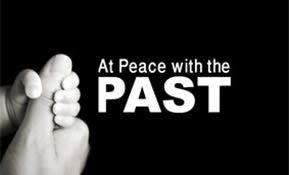
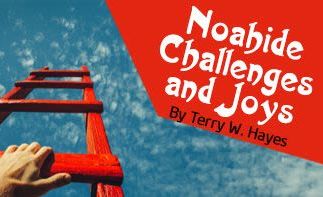
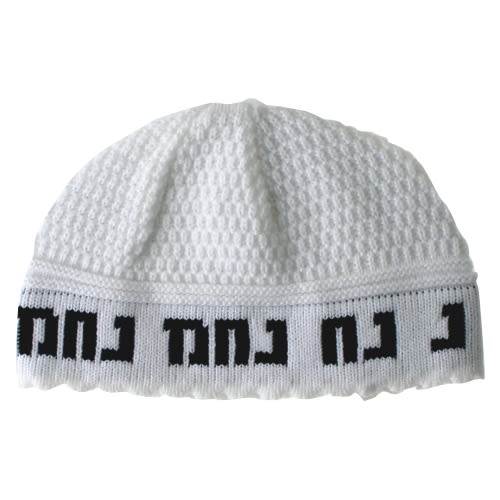
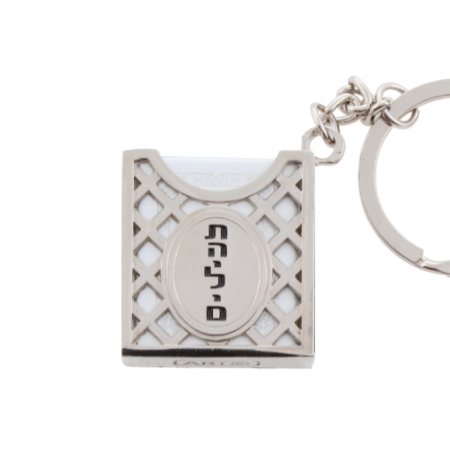

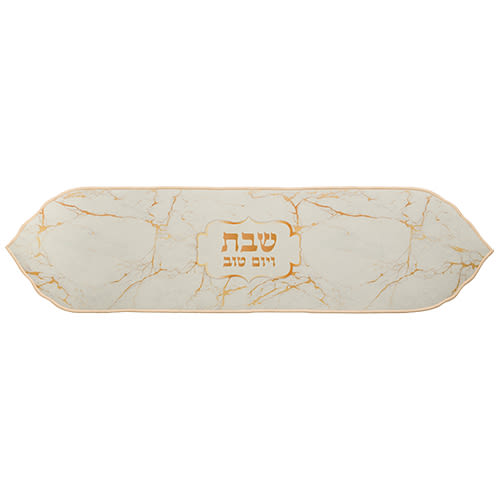

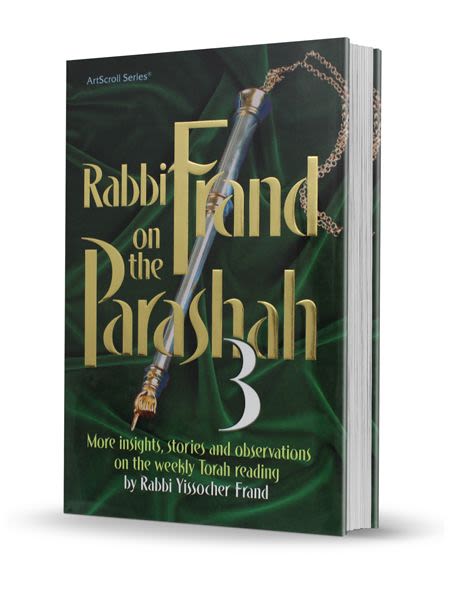
Tell us what you think!
Thank you for your comment!
It will be published after approval by the Editor.